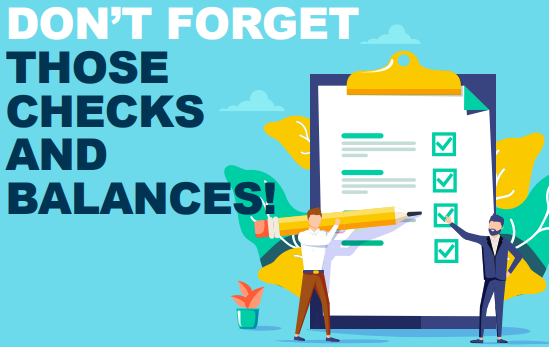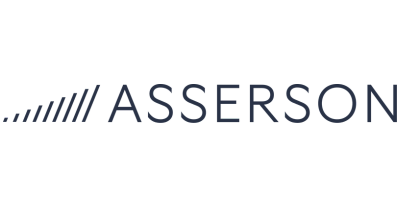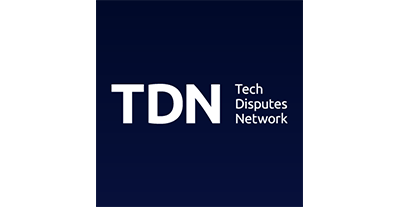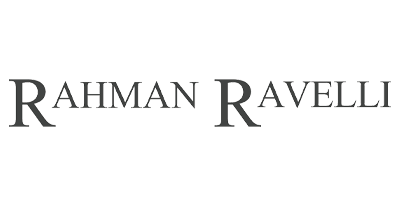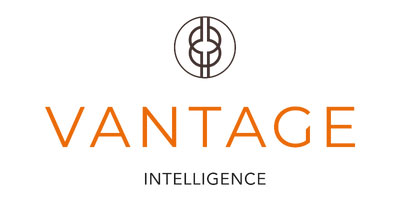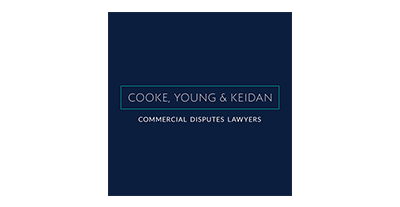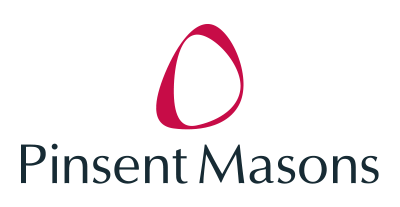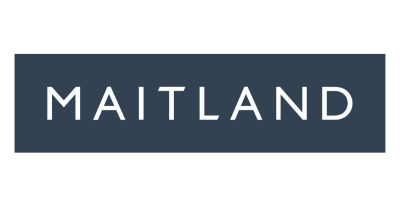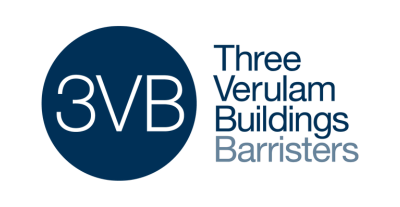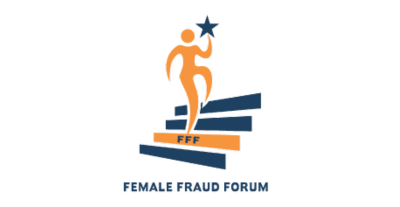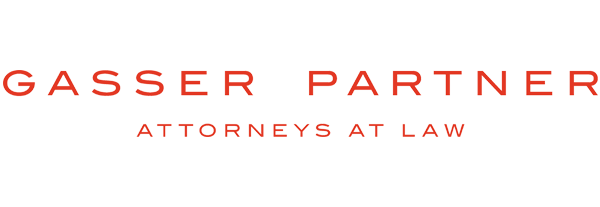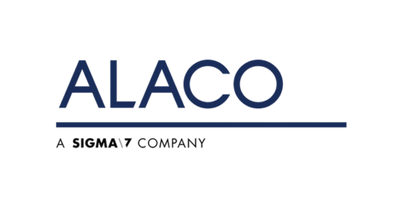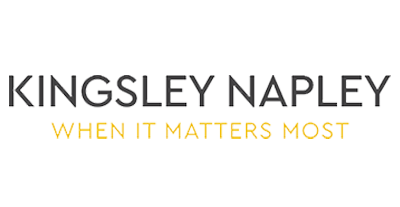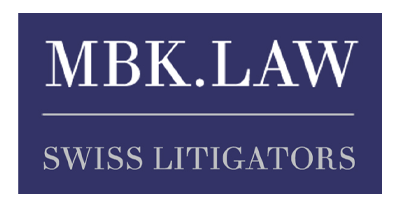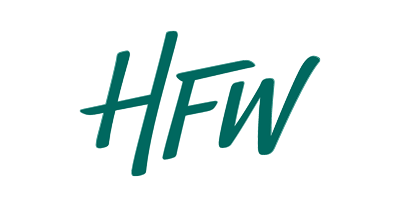Knowledge Hub
Join the Conversation!
Impartial and independent, ThoughtLeaders4 FIRE Knowledge Hub hosts cutting edge industry content and insight.
Email maddi@thoughtleaders4.com to submit content.
Don’t forget those checks and balances!
Date: 15/07/2020 Type: Articles Topic: FIRE | Civil Fraud | International |The severe economic and social impact of COVID-19 has increased the likelihood of fraud, not just in relation to the government assistance schemes where false claims could be made, but also the risks faced by companies and other organisations who may be subject to fraud as a result of the new working environment. With staff generally working from home and many businesses operating with a reduced workforce, either through furlough or as a result of illness, businesses are grappling with operational, procedural and staff changes that can open avenues for fraud. Now more than ever it is important that firms adapt and maintain the required checks and balances which can help prevent falling victim to some form of fraud.
Fraud can be either “extractive” in that entities or individuals claim or take money they are not entitled to, or it can be “non-extractive” which can arise through entities trying to report embellished results or cover up aspects that they cannot explain. This latter type of fraud is often employed to present a better picture to shareholders, lenders, potential acquirers and other stakeholders or simply just to save face.
There are numerous types and reasons for extractive fraud, all of which have been exacerbated by the economic impact of COVID-19 with many households coming under increasing financial pressure with people out of work or furloughed and not earning their full salaries. Some may feel a heightened motivation to commit fraud and even rationalise what they are doing - perhaps to save their family. As an example, during the financial crisis in 2008, we saw a considerable increase in middle management committing fraud as they sought to maintain their standards of living – including keeping up with their children’s school fees, maintaining the ability to going on holiday – when their bonuses fell, jobs were lost and wages stopped rising.
Under such pressures, people may intend to “borrow” funds and may even in the first instance pay it back. If successful, some may have the urge to “borrow” again. This can often lead to a dangerous fraud spiral, where those who do not get discovered continue their “borrowing” practices to the point where it is impossible to pay the debt back.
Against this backdrop, companies should be mindful of the risks and ensure that they maintain adequate checks and balances in this period to try and protect against fraud. Larger businesses that maintain a risk register may want to revisit it in the current environment.
During times of crises, errors can also occur unintentionally as a result of controls or routine procedures being flexed, relaxed or just overlooked along with team changes. With so many businesses reducing the number of active staff due to COVID-19, this can mean that the routine reconciliation of the bank account or other key control accounts are not performed appropriately, or even put on hold. These can be forgotten and can become a major issue when reconciling them subsequently, requiring additional experienced staff to assist in this catch up. Similarly, differences may arise which simply cannot be explained and require a write-off. The subsequent need to restate results can result in downgrading, breach of covenants, claims or company failure.
Another example is inventory, which is often subject to routine physical counting and as such is highly likely to be impacted by the new health and safety measures mandated by the government. Differences between stock and accounting records can arise for many reasons, including poor recording of movements, price changes that have not been properly reflected, or human error.
If these key reconciliations are not performed on a timely basis, differences can arise, creating a black hole in the accounting records.
While larger corporates often have accounting procedures manuals which set out authorisation approval limits, other controls and checks to ensure a secure environment for maintaining accurate accounting records, during volatile times these procedures can be overlooked, controls overridden or assumed to be happening. Unpleasant surprises can arise if these procedures are not complied with, especially if changes are made and the risks are not fully understood, and alternative checks are not put in place. Another avenue for error is with inexperienced staff who may not want to admit that they do not fully understand what their roles entail or are hesitant to highlight an issue they cannot fully grasp for fear of losing their job, promotion or not being treated seriously.
Understandably, spotting errors or anomalies may be more difficult in the current environment. Furthermore, as a result of the lockdown and the rapidly changing environment, the established method of looking at historical trends may no longer be a reasonable benchmark to identify unusual trends, transactions or balances.
With the considerable disruption to the economy and businesses alike recently, it is easy to forget or overlook the importance of controls, but those checks and balances are there for a reason. If there are changes to staff, operations or procedures firms must consider whether the control environment is adequate and, if there is increased risk, assess what mitigation or checks can be put in place to counter this risk. Failing to take appropriate steps in reaction to such a changed environment greatly increases the chance of fraud or errors occurring, whether intentional or unintentional.
Author
Phil Crooks – BRG
Our FIRE Corporate Partners








